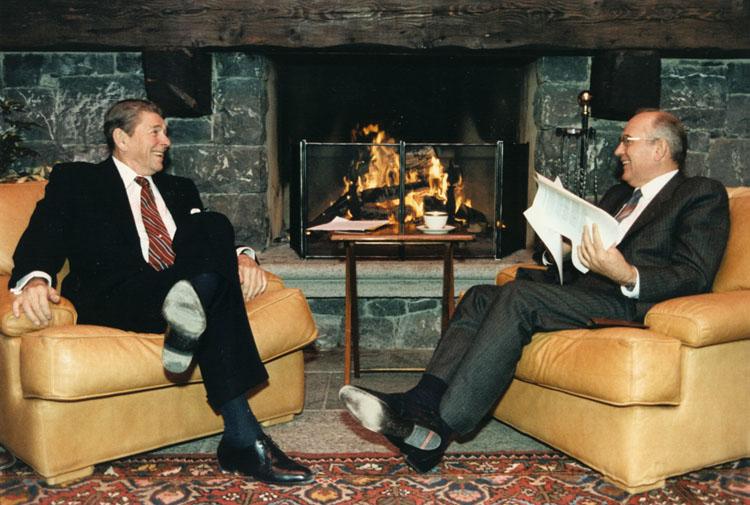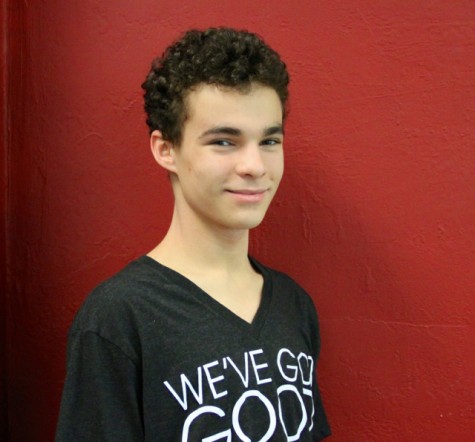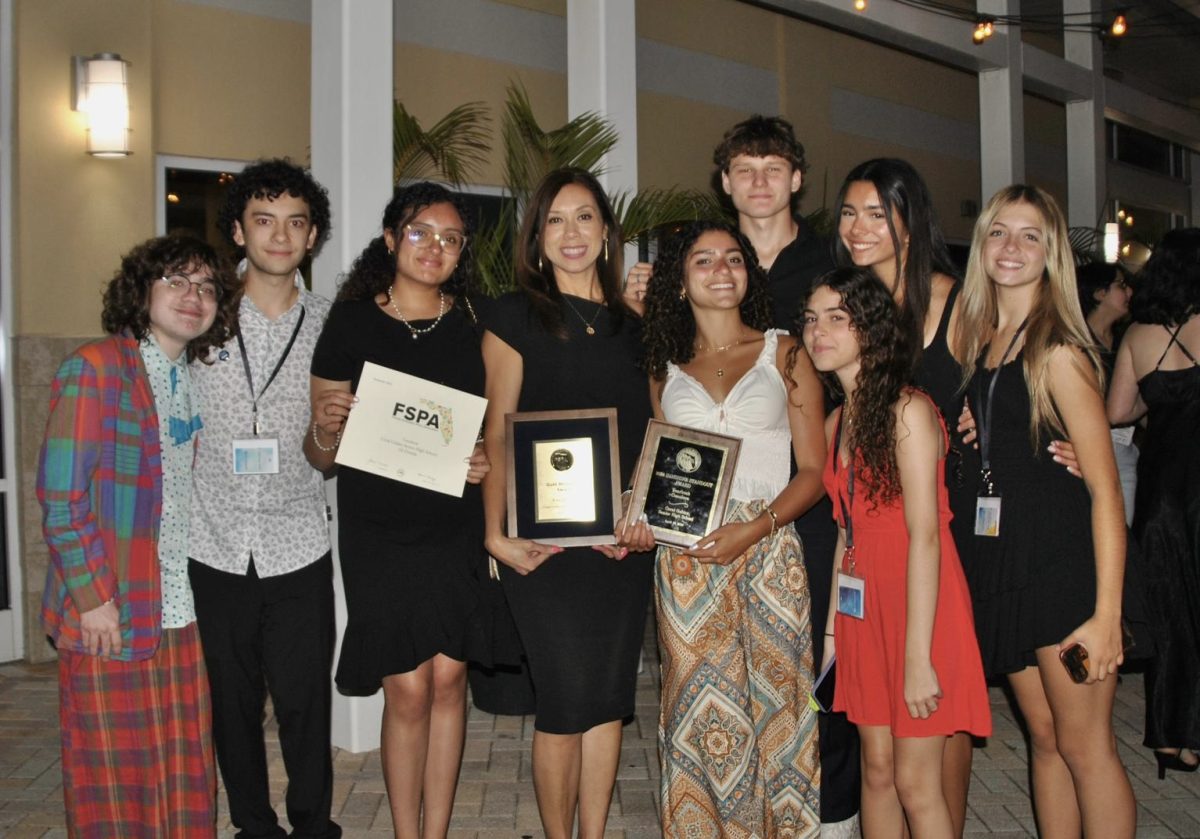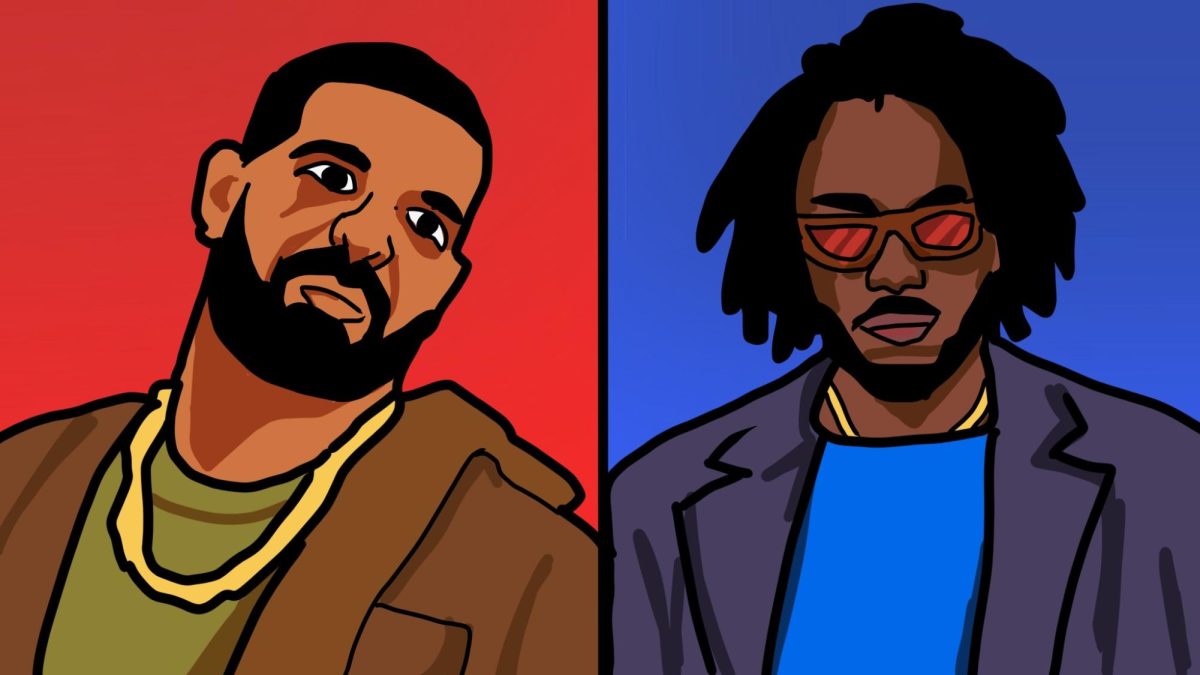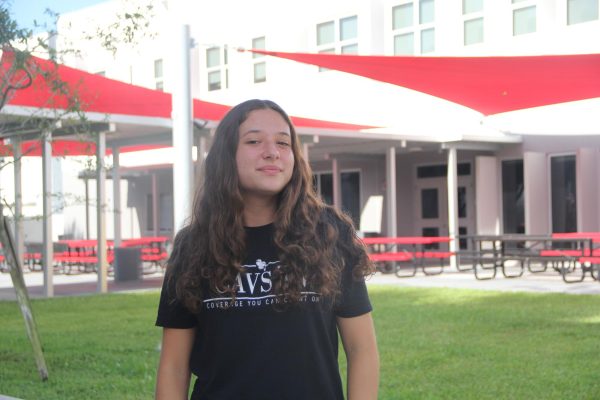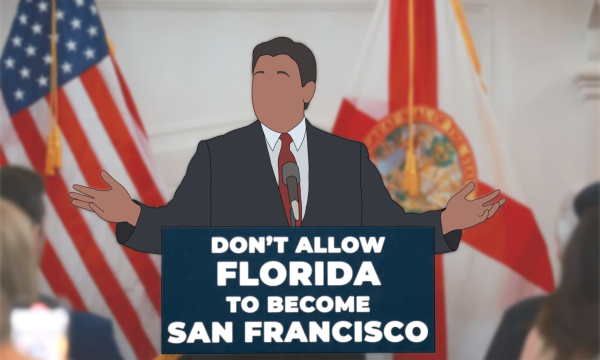Destined Towards Autocracy?
Former CPSU General Secretary Mikhail Gorbachev converses with former U.S. President Ronald Reagan.
May 18, 2015
Russia- she is a country loved by some, loathed by others. Her form of governance? Questionable at best. Power in the political system of Russia, regardless of the myriad shifts in philosophy the system has endured, has unwaveringly gravitated towards mass centralization under one individual (a form of government known as an autocracy), whether they be members of the Soviet Politburo or the ancient Romanov dynasty.
Interestingly enough, the aforementioned dynasty began under democratic conditions. The national assembly’s election of Michael Romanov in 1613 triggered a regime that would rule Russia until the early twentieth century. Romanov’s descendants, most notably Nicolas I, were all indefatigable in their drives to suppress the peasants, and continuously exacerbated the disparity between said peasants and the primogenitary aristocracy.
Then came the communists; the Russian populace was tired of autocratic rule and a concentration of power in a single individual. They therefore willingly picked the perfect man for the job: Vladimir Lenin, who publicly advocated for power to be invested in a small intelligentsia who were members of a state-sanctioned Communist Party. It can therefore be ascertained that Lenin’s announcement of a “dictatorship of the proletariat” came as no surprise. After Lenin’s death, future Soviet General Secretaries would rule the Russian Empire-now-Soviet Union with an iron fist until Mikhail Gorbachev, who introduced many radical transparency reforms that succeeded only in producing longer lines for commodities.
Like all other empires, the Soviet Union collapsed under sectionalist pressure. In its place, the gubernatorial zombie known as the Russian Federation came into being, but within a decade following the USSR’s dissolution, her presidency had been transmogrified into a hardly-unusual case of Russian absolutism with power de facto revolving around the ex-KGB propaganda aficionado Vladimir Putin, whose mere disappearance from the public eye for more than a week incited mild panic and rumors of his attendance of the birth of his lovechild in Switzerland.
It appears that as Russia strives to reclaim the ascendancy she once enjoyed amongst her neighbors during the Cold War, her citizens consistently get the short end of the stick; for two things have remained constant in the various apparitions of the Russian government-autocracy and bureaucracy-and they show no sign of disappearing anytime soon.


